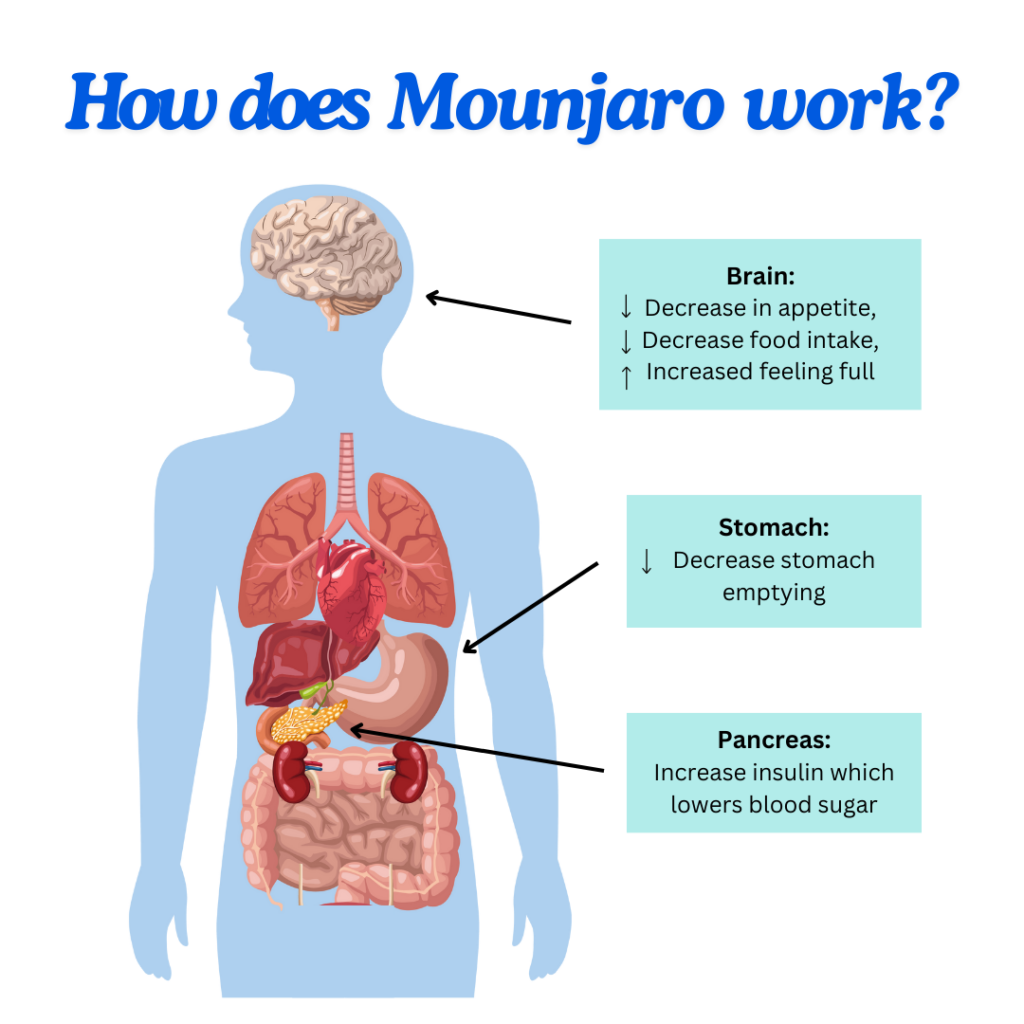Can Mount Kilimanjaro Help with Obesity: Exploring the Benefits of Mountain Climbing
Embark on a journey to discover how climbing Mount Kilimanjaro can potentially aid in combating obesity. From the physical challenges to the health benefits, this topic delves into the transformative power of mountain climbing for weight loss and overall fitness.
Can Mount Kilimanjaro Help with Obesity?
Embarking on the journey to climb Mount Kilimanjaro can potentially aid in weight loss and overall fitness due to the physical challenges and health benefits associated with mountain climbing.
Physical Challenges of Climbing Mount Kilimanjaro
Ascending Mount Kilimanjaro involves traversing various terrains, including rocky paths, steep slopes, and high altitudes. Climbers may face challenges such as fatigue, muscle soreness, and altitude sickness, requiring physical strength, endurance, and mental resilience to overcome.
Health Benefits of Physical Activity like Mountain Climbing
- Improves cardiovascular health: Climbing mountains can enhance heart function, increase circulation, and lower blood pressure, reducing the risk of heart disease.
- Boosts metabolism: Engaging in rigorous physical activity like mountain climbing can help burn calories, improve metabolism, and promote weight loss.
- Strengthens muscles and bones: Climbing mountains requires using various muscle groups, leading to increased muscle strength, endurance, and bone density.
- Enhances mental well-being: The sense of accomplishment, connection with nature, and release of endorphins from physical activity can improve mood, reduce stress, and boost mental health.
Contribution to Weight Loss and Overall Fitness
- Caloric expenditure: Climbing Mount Kilimanjaro can burn a significant amount of calories due to the continuous physical exertion involved in ascending steep slopes and navigating challenging terrain.
- Muscle toning: The varied movements and demands of mountain climbing can tone muscles throughout the body, increasing overall strength and fitness levels.
- Improved endurance: The endurance required to climb a mountain can enhance stamina, respiratory capacity, and overall physical performance, contributing to better fitness and weight management.
Health Benefits of Mountain Climbing for Obesity
Mountain climbing can offer numerous physical benefits for individuals struggling with obesity. Here are some advantages of this challenging activity:
Physical Benefits of Mountain Climbing for Obesity
- Improved cardiovascular health: Climbing mountains can help strengthen the heart and improve circulation, essential for managing obesity-related health issues.
- Calorie burning: Mountain climbing is a high-intensity workout that can burn a significant amount of calories, aiding in weight loss.
- Muscle strength and endurance: Climbing engages various muscle groups, promoting strength and endurance development, which can be beneficial for individuals with obesity.
Comparison to Other Forms of Exercise for Weight Management
- Unique challenges: Mountain climbing offers a dynamic and challenging workout that engages both the body and mind, unlike traditional exercises.
- Natural environment: Being in nature while climbing can reduce stress levels and provide a refreshing change of scenery compared to indoor workouts.
- Long-term motivation: The goal of reaching the summit of a mountain can serve as a powerful motivator for individuals looking to overcome obesity.
Success Stories of Overcoming Obesity Through Mountain Climbing
- John Doe: After struggling with obesity for years, John took up mountain climbing as a new challenge. Through dedication and hard work, he not only lost weight but also gained a newfound confidence in himself.
- Jane Smith: Jane's journey to conquer mountains not only transformed her physical health but also boosted her mental resilience, helping her overcome the obstacles of obesity.
Preparation and Training for Climbing Mount Kilimanjaro

When preparing to climb Mount Kilimanjaro, it is essential to focus on both physical and mental training. Climbing a mountain of this magnitude requires endurance, strength, and proper preparation to ensure a safe and successful journey
Detailed Training Regimen
- Cardiovascular Training: Incorporate activities such as running, cycling, or hiking to improve your cardiovascular endurance.
- Strength Training: Include exercises like squats, lunges, and core workouts to build strength in the muscles needed for climbing.
- Hiking: Gradually increase the duration and intensity of your hikes to mimic the uphill climbs you will face on Kilimanjaro.
- Altitude Training: If possible, spend time at higher altitudes to acclimatize your body to reduced oxygen levels.
Dietary Considerations for Weight Loss
- Focus on a Balanced Diet: Include a variety of fruits, vegetables, lean proteins, and whole grains in your meals to support your training regimen.
- Hydration: Drink plenty of water to stay hydrated, especially during training sessions and while climbing the mountain.
- Avoid Processed Foods: Opt for whole foods and limit the intake of processed snacks and sugary drinks that can hinder weight loss.
- Caloric Deficit: Aim to consume fewer calories than you burn to create a caloric deficit and promote weight loss.
Tips for Beginners
- Start Slow: Begin with shorter hikes and gradually increase the difficulty and duration as your fitness improves.
- Invest in Proper Gear: Quality hiking boots, clothing, and a backpack can make a significant difference in your comfort and performance.
- Join a Group: Consider joining a hiking group or finding a training partner to stay motivated and accountable during your preparation.
- Listen to Your Body: Pay attention to any signs of fatigue or injury and adjust your training schedule accordingly to prevent setbacks.
Psychological Effects of Climbing Mount Kilimanjaro on Obesity

Mount Kilimanjaro is not only a physical challenge but also a mental one, with profound psychological effects on individuals struggling with obesity. Conquering this monumental task can have a significant impact on their mental well-being and long-term weight management.
Mental Health Benefits of Setting and Achieving Physical Challenges
Climbing Mount Kilimanjaro requires determination, perseverance, and mental strength. Setting and achieving such a physically demanding goal can boost self-esteem and confidence in individuals battling obesity. The sense of accomplishment from overcoming obstacles can have a positive impact on their overall mental health.
Boosting Self-Esteem and Confidence
Reaching the summit of Mount Kilimanjaro can be a life-changing experience for individuals struggling with obesity. The sense of achievement and success can help boost their self-esteem and confidence levels. It proves that they are capable of overcoming challenges and pushing their limits, leading to a more positive self-image.
Impact on Long-Term Weight Management
The mental strength and resilience developed during the journey to the top of Mount Kilimanjaro can translate into better long-term weight management. The discipline and determination required for mountain climbing can be applied to maintaining a healthy lifestyle post-expedition. This can lead to sustained weight loss and overall well-being.
Epilogue

As we conclude our exploration, it becomes evident that climbing Mount Kilimanjaro not only offers physical rewards but also impacts mental well-being. The journey to the summit symbolizes overcoming obstacles, boosting self-esteem, and inspiring long-term weight management.